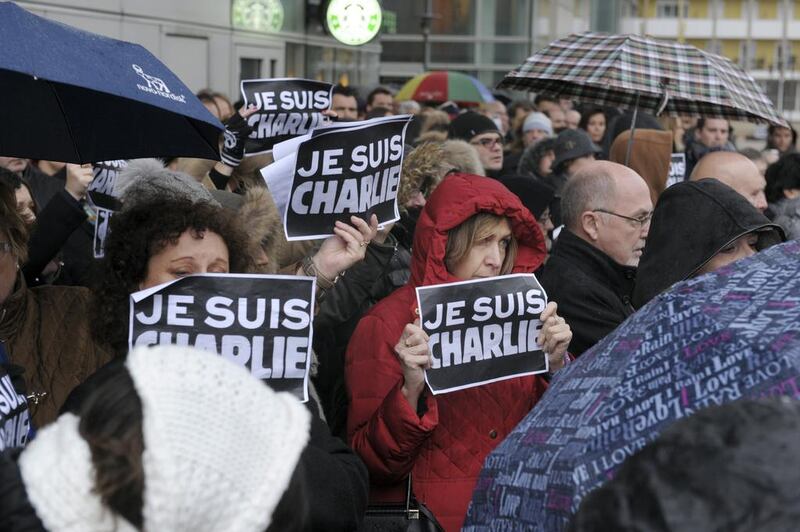The massacre at the Charlie Hebdo office on Wednesday can be seen as not simply an attack on the editorial staff of a satirical magazine that published controversial cartoons but also a general assault on both freedom of speech and religious tolerance. While that is true, there is an even wider context that also warrants consideration.
Insulting Islam is being touted as the justification for the bloody events in Paris, however one suspects that the more accurate sobriquet is one of extremism, and in particular its appeal to disaffected youth. The religious tenor of this incident is the latest manifestation of a long tradition of extremism exemplified by Maoism, Marxism, Nazism, nihilism and a list of other “isms” to emerge over a century or more.
An important point is that each of these previous movements has gained favour with a minority – disproportionately comprised of alienated young men who seek to take revenge on society – and been pursued with violence but then defeated not just militarily but also ideologically. Does Marxism rule anywhere other than in a few rump states? When were the last anarchist attacks in the developed world?
The front line for extremist violence is too often here in the Middle East, but the events in Paris show that this battlefield is a truly global one. The recruits of whatever “ism” happens to be in vogue at the time resort to violence because they know the minority appeal of their cause means they cannot achieve what they seek through peaceful means. Based on previous experience of extremist movements, it is possible to make some general predictions about how this latest manifestation of the genre will play out. One – depressingly – is that there will be many more deaths. This will not end tomorrow and ending it will require force.
But it will end in defeat for the extremists’ ideologically because the vast majority of society – regardless of their national, religious and ethnic affiliations – decry extremism of whatever kind.
If there is one hearteningly consistent aspect of the history of extremism, it is that the centre always wins and defeats the fringe. This will come as cold comfort now for those mourning the 12 murdered in Paris, but in time right will prevail – as it always does.





